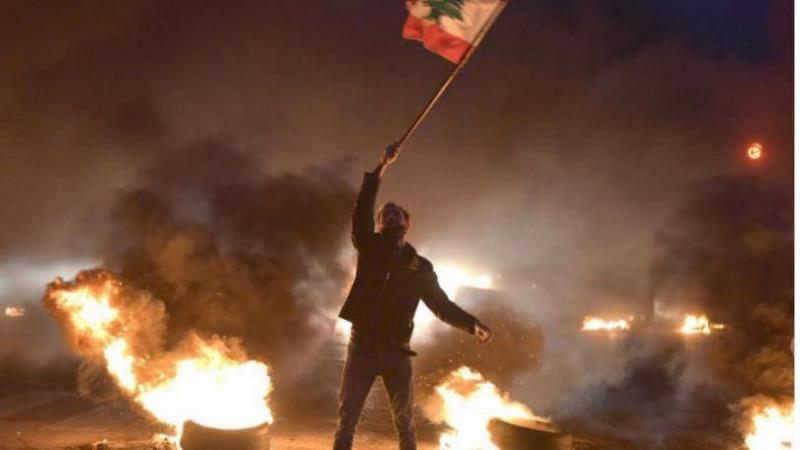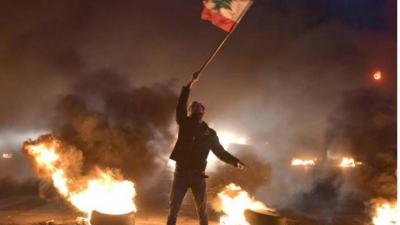As the situation in Lebanon has reached an irreversible stage, with the possibility of an explosion leading to street clashes in defense of basic livelihoods and the foundations of the state looming on the horizon, attention is turning to the role of unions, some of which plan to take action. There is discussion regarding the feasibility of curbing ongoing security deterioration and organizing effective movements away from confrontation.
The General Labor Union, which is planning to mobilize this week, saw its president, Bishara Al-Asmar, noting that "the judicial situation has worsened the political and economic crisis." He emphasizes the need for a minimum level of political calm to pave the way for stability in all areas, highlighting that the recent developments in the judicial sector clearly show the "tension" simmering among all parties, which is not promising. Thus, he has called for calm through several press statements, especially in the streets, warning that any further escalation will lead to dire consequences.
In an interview with the electronic newspaper "Al-Anbaa," Al-Asmar called for "increased awareness," expressing hope in "the security apparatus." He revealed that the actions of the General Labor Union, which are expected to be announced at the beginning of this week, will take place within a framework that maintains security and public peace.
In this context, Al-Asmar asserted that "there will be no intention to block roads," explaining that doing so would only exacerbate the crisis, particularly for workers, employees, military personnel, and everyone else traveling on the roads. The situation cannot endure "cutting livelihoods" or jeopardizing people’s sustenance, especially since a large group relies on daily income.
Will this call resonate or be heard? Al-Asmar indicates that there will be a large gathering, calling on teachers in both the public and private sectors, as well as professionals, in addition to economic bodies, to unite dynamically against the political reality. He described the move as cautionary in light of the perceived lack of responsibility among many officials.
He pointed out that "the mobilization is against an absent executive authority," acknowledging that while the government is effectively managing a minimum level of governance, more is demanded from it. Regarding whether these movements will yield any results, Al-Asmar maintained that they "should serve to ring the alarm about the troublesome reality, particularly concerning the manipulation of the dollar," emphasizing the importance of raising voices during these difficult times.
In conclusion, Al-Asmar urged "citizens who take to the streets to express their pain to remain vigilant and fully aware of fifth columns and the interference of certain groups to escalate matters," and called on "security forces to remain alert and monitor all movements."




